- Home
-
Shop by application
-
Shop by brand
-
U-value
- Quick quote
-
Types of insulation
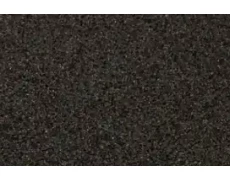 Cellular glassLargely manufactured from recycled glass (e.g. windscreens) and mineral base materials such as sand and without the use of binding agents. The ingredients are melted into molten glass, which is cooled and crushed into a fine powder. The powdered glass is poured into molds and heated (below the melting point) in a "sintering" process that causes the particles to adhere to one another. Next, a small amount of finely ground carbon-black is added and the material is heated in a "cellulation" process. Here, the carbon reacts with oxygen, creating carbon dioxide, which creates the insulating bubbles in the (material). CO2 accounts for more than 99% of the gas in the cellular spaces.
Cellular glassLargely manufactured from recycled glass (e.g. windscreens) and mineral base materials such as sand and without the use of binding agents. The ingredients are melted into molten glass, which is cooled and crushed into a fine powder. The powdered glass is poured into molds and heated (below the melting point) in a "sintering" process that causes the particles to adhere to one another. Next, a small amount of finely ground carbon-black is added and the material is heated in a "cellulation" process. Here, the carbon reacts with oxygen, creating carbon dioxide, which creates the insulating bubbles in the (material). CO2 accounts for more than 99% of the gas in the cellular spaces.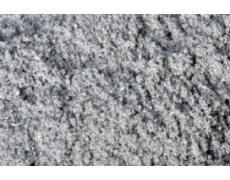 CelluloseCellulose insulation is a material made from recycled newspaper. The paper is shredded and inorganic salts, such as boric acid, are added for resistance to fire, mould, insects and vermin. The insulation is installed either blown or damp-sprayed depending on application.
CelluloseCellulose insulation is a material made from recycled newspaper. The paper is shredded and inorganic salts, such as boric acid, are added for resistance to fire, mould, insects and vermin. The insulation is installed either blown or damp-sprayed depending on application.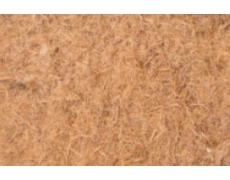 Wood fibreThe success of wood fibre insulation derives from an attractive environmental profile combined with a whole bag of functions including rigid insulation, sheathing and sarking for timber frames, roofs and flooring as well as flexible insulation for studs and rafters. Wood of course is renewable, it sequesters carbon during its growth and product production is relatively free from pollution. The insulation value of wood fibre boards is not as dimensionally efficient as some of the orthodox petro-chemical materials - but it's no slouch either - typically coming in with a 'k value' range of between 0.038-0.043 W/mK depending on format.
Wood fibreThe success of wood fibre insulation derives from an attractive environmental profile combined with a whole bag of functions including rigid insulation, sheathing and sarking for timber frames, roofs and flooring as well as flexible insulation for studs and rafters. Wood of course is renewable, it sequesters carbon during its growth and product production is relatively free from pollution. The insulation value of wood fibre boards is not as dimensionally efficient as some of the orthodox petro-chemical materials - but it's no slouch either - typically coming in with a 'k value' range of between 0.038-0.043 W/mK depending on format.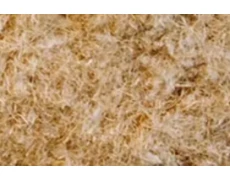 HempHemp fibres are produced from hemp straw of the hemp plant. Most hemp is imported, but an increasing amount of home-grown crop is becoming available. Hemp grows up to a height of nearly 4 metres within a period of 100-120 days. Because the plants shade the soil, no chemical protection or toxic additives are required for hemp cultivation. The product is composed of, usually, 85% hemp fibre with the ballance made up of polyester binding and 3-5% soda added for fire proofing.
HempHemp fibres are produced from hemp straw of the hemp plant. Most hemp is imported, but an increasing amount of home-grown crop is becoming available. Hemp grows up to a height of nearly 4 metres within a period of 100-120 days. Because the plants shade the soil, no chemical protection or toxic additives are required for hemp cultivation. The product is composed of, usually, 85% hemp fibre with the ballance made up of polyester binding and 3-5% soda added for fire proofing.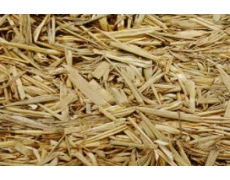 StrawStraw is an agricultural by-product, the dry stalks of cereal plants, after the grain and chaff have been removed. Straw makes up about half of the yield of cereal crops such asbarley, oats, rice, rye and wheat.
StrawStraw is an agricultural by-product, the dry stalks of cereal plants, after the grain and chaff have been removed. Straw makes up about half of the yield of cereal crops such asbarley, oats, rice, rye and wheat. - Blog
FINNFOAM
Brand: Finnfoam
Model: 30mm XPS
XPS Insulation Sheets 30mm Finnfoam is an extruded polystyrene insulating material with fantastic thermal properties, good moisture resistance (reduces the risk of water penetration) and good compressive strength of 130kPa.
30mm Extruded Polystyrene (XPS) Board is a high density insulation board ..
£ 13.45
Ex VAT:£ 11.21
Estimated delivery: 2-3 working days
Brand: Finnfoam
Model: 50mm XPS
50mm XPS Insulation Sheets Finnfoam is a robust extruded polystyrene (XPS) insulation board with fantastic thermal properties, good moisture resistance (reduces the risk of water penetration) and good compressive strength of 130kPa.
Extruded Polystyrene (XPS) Board 50mm is a high density insulati..
£ 15.40
Ex VAT:£ 12.83
Estimated delivery: 2-3 working days
Brand: Finnfoam
Model: 100mm XPS
100mm XPS (Extruded Polystyrene) Insulation Board is a closed-cell polystyrene foam insulation sheet with fantastic thermal properties, good moisture resistance (reduces the risk of water penetration) and good compressive strength of 130kPa.
Extruded Polystyrene Sheet 100mm is a high density insu..
£ 25.74
Ex VAT:£ 21.45
Estimated delivery: 2-3 working days
Showing 1 to 3 of 3 (1 Pages)











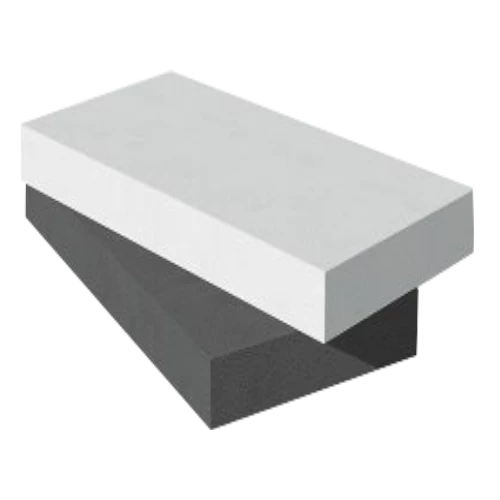

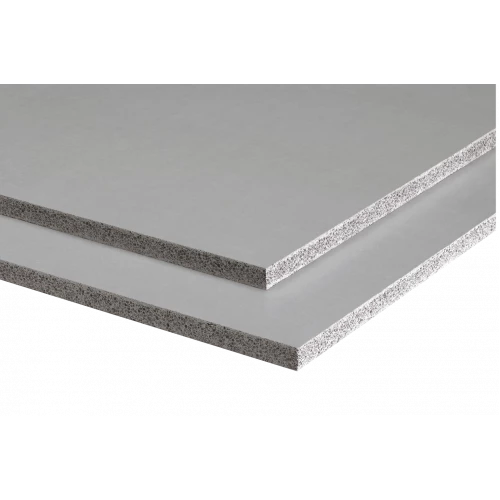














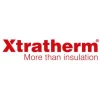


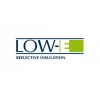

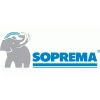

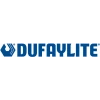



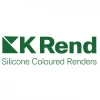

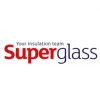
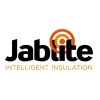



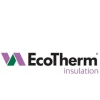

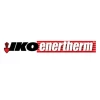








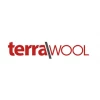
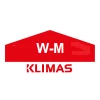





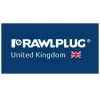

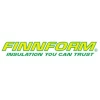

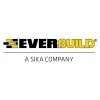


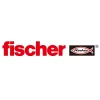







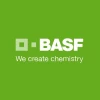

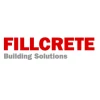


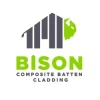



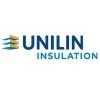
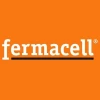
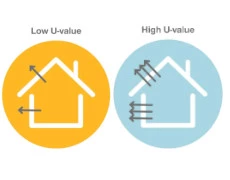
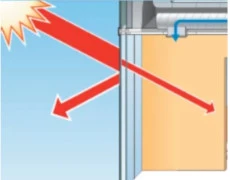
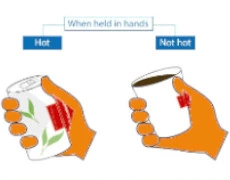
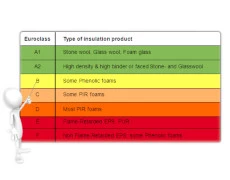
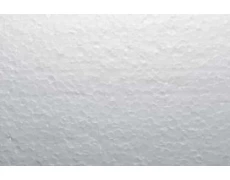
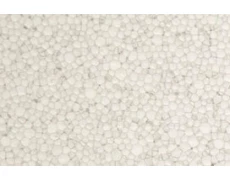
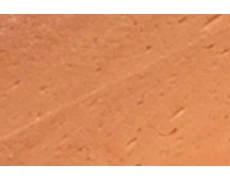
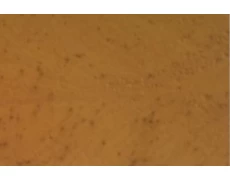
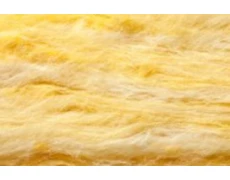
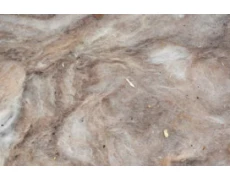
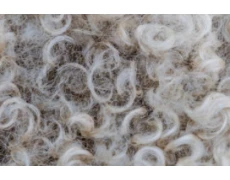
 XPS Finnfoam is a thermal insulation product made from extruded polystyrene, which retains its insulating capacity in even the most demanding conditions. The panels special feature is its completely closed and consistent cell structure, which ensures a high insulating capacity and impermeability. It is suitable for use as frost insulation and for insulating floors, ceilings, and walls, as well as various in supplementary thermal insulation applicatications.
XPS Finnfoam is a thermal insulation product made from extruded polystyrene, which retains its insulating capacity in even the most demanding conditions. The panels special feature is its completely closed and consistent cell structure, which ensures a high insulating capacity and impermeability. It is suitable for use as frost insulation and for insulating floors, ceilings, and walls, as well as various in supplementary thermal insulation applicatications. At the end of 2014, Finnfoam Oy introduced the new FF-PIR thermal insulation products made from polyurethane (PU). As a result of continuous product development, the FF-PIR insulation product family has once again been expanded, and since the summer of 2017 the thermal conductivity of all FF-PIR insulation products has been 0.022 W/mK. As the FF-PIR brand name denotes, Finnfoam Oy only uses PIR insulation materials whose fire endurance is significantly better than that of PUR insulation materials. The fire rating of the insulating foam component of FF-PIR insulation is D-s2, d0. The CE marked FF-PIR is also a mould-proof and safe material in terms of moisture performance.
At the end of 2014, Finnfoam Oy introduced the new FF-PIR thermal insulation products made from polyurethane (PU). As a result of continuous product development, the FF-PIR insulation product family has once again been expanded, and since the summer of 2017 the thermal conductivity of all FF-PIR insulation products has been 0.022 W/mK. As the FF-PIR brand name denotes, Finnfoam Oy only uses PIR insulation materials whose fire endurance is significantly better than that of PUR insulation materials. The fire rating of the insulating foam component of FF-PIR insulation is D-s2, d0. The CE marked FF-PIR is also a mould-proof and safe material in terms of moisture performance. FF- EPS is a new type of insulation product intended for insulating floors, walls and ceilings. It is significantly more cost effective than the traditional EPS thermal insulation. The new technology enables an improved thermal insulation capacity in relation to density, which means that it provides better insulation with lighter panels. The FF-EPS panels are made from polystyrene, but using a completely different production method. The range consists of FF-EPS 100 kPa (thickness 85–200 mm) and FF-EPS 60 kPa (thickness 100–400 mm), which was designed specifically for insulating walls and ceilings.
FF- EPS is a new type of insulation product intended for insulating floors, walls and ceilings. It is significantly more cost effective than the traditional EPS thermal insulation. The new technology enables an improved thermal insulation capacity in relation to density, which means that it provides better insulation with lighter panels. The FF-EPS panels are made from polystyrene, but using a completely different production method. The range consists of FF-EPS 100 kPa (thickness 85–200 mm) and FF-EPS 60 kPa (thickness 100–400 mm), which was designed specifically for insulating walls and ceilings. The FF-SIGNAL signal amplifier is an innovative passive element that relays signals while also isolating against cold and moisture. The product is developed and made in Finland by partners Finnfoam Oy and StealthCase Oy. A mobile phone signal passing through wall structures is 30-100 times stronger when relayed through the amplifier, which enables fast and reliable connections indoors even in challenging targets.
The FF-SIGNAL signal amplifier is an innovative passive element that relays signals while also isolating against cold and moisture. The product is developed and made in Finland by partners Finnfoam Oy and StealthCase Oy. A mobile phone signal passing through wall structures is 30-100 times stronger when relayed through the amplifier, which enables fast and reliable connections indoors even in challenging targets. Tulppa® is a new type of waterproofing panel designed for wet rooms. The core of the panel is made from a closed-cell, waterproof and mould-proof. It is horizontally installed and functions as both a construction board and waterproofing material. Due to the patented installation system, the Tulppa® panels with a rabbet profile are quick and easy to install. A professional fitter is easily able to complete 10–15 m2 of waterproof wall surface ready for tiling per hour. Tulppa® is easy to work with and light to handle. The panels’ innovative and patented horizontal installation method makes installation easier and the rabbet profile ensures waterproof seams. The system saves a significant amount of time, as it eliminates the need to apply water insulation and to wait for the insulation to dry. The Tulppa® wet room panels are ready for tiling in less than a day.
Tulppa® is a new type of waterproofing panel designed for wet rooms. The core of the panel is made from a closed-cell, waterproof and mould-proof. It is horizontally installed and functions as both a construction board and waterproofing material. Due to the patented installation system, the Tulppa® panels with a rabbet profile are quick and easy to install. A professional fitter is easily able to complete 10–15 m2 of waterproof wall surface ready for tiling per hour. Tulppa® is easy to work with and light to handle. The panels’ innovative and patented horizontal installation method makes installation easier and the rabbet profile ensures waterproof seams. The system saves a significant amount of time, as it eliminates the need to apply water insulation and to wait for the insulation to dry. The Tulppa® wet room panels are ready for tiling in less than a day.


